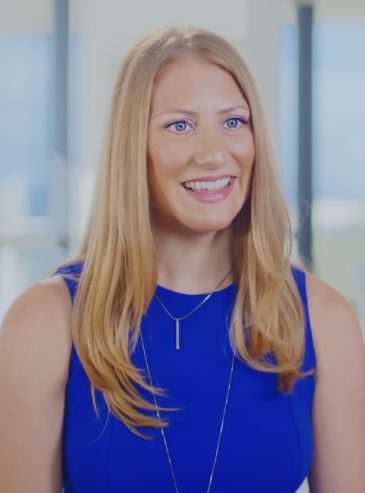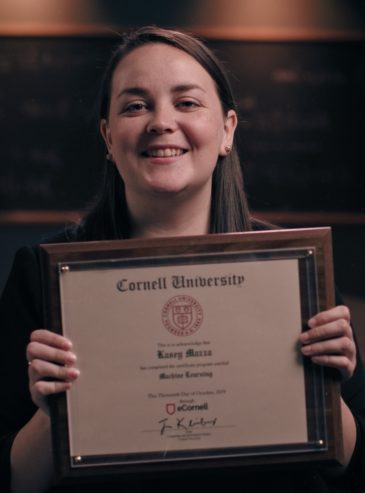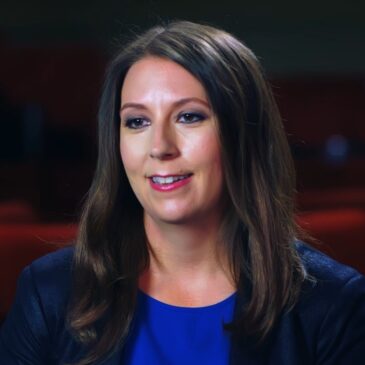
Accounting is one of today’s fast-growing professions, with numerous career path options. This certificate program will help you establish an in-depth understanding of foundational accounting principles and how to apply them in practice.
- Dec 10, 2025
- Jan 7, 2026
- Feb 4, 2026
- Mar 4, 2026
- Apr 1, 2026
- Apr 29, 2026
- May 27, 2026
This course will help you distinguish between credits and debits while examining the pros and cons of cash-basis accounting versus accrual accounting. You will use the basic steps of the accounting process to make balancing account entries for a variety of transactions.
You will consider the ethical side of accounting: why promises matter and how that translates to accruals, adjusting closing entries, ensuring the accuracy of your statements, correcting errors and estimates, and what to do when accounting goes wrong. You will examine cash inflows and outflows and then analyze this data to create an accurate depiction of a company's economic reality. This will be crucial information for potential investors, partners, creditors etc. You will know when to use a direct cash flow statement versus an indirect cash flow statement and how to accurately reflect transactions.
You are required to have completed the following course or have equivalent experience before taking this course:
- Foundations of Financial Statements
- Nov 26, 2025
- Dec 24, 2025
- Jan 21, 2026
- Feb 18, 2026
- Mar 18, 2026
- Apr 15, 2026
- May 13, 2026
This course will enable you to interpret the financial statement line items that capture the most central and important operations of any enterprise: the revenue and other cash inflows earned from customers and the related expenses or losses.
You are required to have completed the following courses or have equivalent experience before taking this course:
- Foundations of Financial Statements
- Accruals and Cash Flows
- Nov 12, 2025
- Dec 10, 2025
- Jan 7, 2026
- Feb 4, 2026
- Mar 4, 2026
- Apr 1, 2026
- Apr 29, 2026
This course will help you interpret financial statement line items that capture the investments an enterprise makes in its future and claims that long-term investors hold on the enterprise.
You will explore the differences between tangible and intangible assets along with the ways in which each can be capitalized and their costs can be allocated to the income statement. You will apply concepts to long-lived assets, such as the “Day Zero” assumption, depreciation (tangible assets), amortization (intangible assets), and cost allocation. Taking this a step further, you will delve into accounting methods used for depreciation and amortization and then look at ways to address impairments, fair value, and the three levels of input. Finally, these concepts will be applied to different aspects of capital such as stocks, bonds, and related valuations.
You are required to have completed the following courses or have equivalent experience before taking this course:
- Foundations of Financial Statements
- Accruals and Cash Flows
- Sales Accounting
- Nov 26, 2025
- Dec 24, 2025
- Jan 21, 2026
- Feb 18, 2026
- Mar 18, 2026
- Apr 15, 2026
- May 13, 2026

eCornell was truly one of the best investments I made in my entire career and it’s what brought me to where I am now.
eCornell was truly one of the best investments I made in my entire career and it’s what brought me to where I am now.

What I wanted was something that had an exceptional caliber of professionals and professors, and eCornell actually gave me that.
What I wanted was something that had an exceptional caliber of professionals and professors, and eCornell actually gave me that.
- View slide #1
- View slide #2
- View slide #3
- View slide #4
- View slide #5
top Minds
100% Online
that fit your life and career.
career



